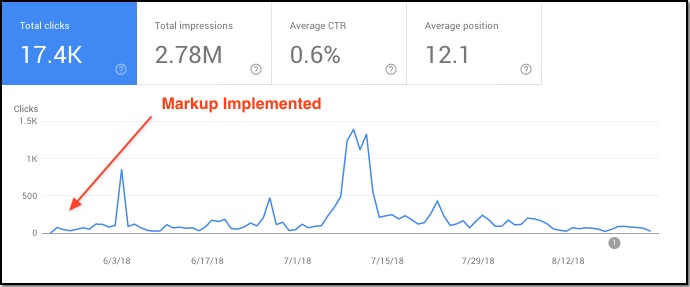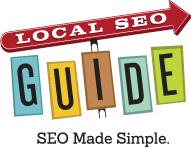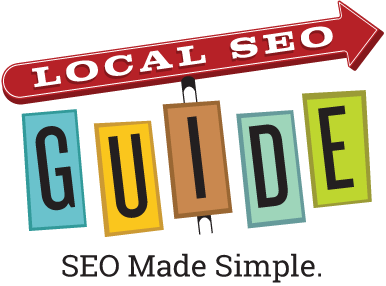In 2011, Google, Bing & Yahoo announced Schema.org which got SEOs all excited to start marking up website content to turn it into “structured data.” The benefit would be that search engines would be more certain that a text string of numbers was in fact a phone number, or at least they would be more certain that you wanted them to think it was phone number. The search engines could then turn the structured data into eye-catching fripperies designed to seduce searchers into surrendering their clicks and revenue to your fabulously marked-up site (aka “Rich Results).
It also could help your fridge talk to your Tesla.
So pretty much every SEO marked-up their audits and conference presentations with recommendations to mark up all the things. LSG was no exception. And we have seen it work some nice SEO miracles.
There was the ecommerce site that lost all its product review stars until we reconfigured the markup. There was the yellow pages site that got a spammy structured data manual action for merging a partner’s review feed into its own. There is the software vendor and its clients that (still!) violate Google’s structured data guidelines and get away with it. There have been countless Knowledge Panels that have needed the tweaking one can only get from a perfectly implemented https://schema.org/logo.
But structured data is not a killer SEO strategy for all situations, and it’s important that SEOs and clients understand that often it’s more of a future-proofing game than an actual near-term traffic or money-generator. For example, let’s take this UGC site that generated about 22 million clicks from Google over the past three months and see how many clicks are reported as coming from “Rich Results” in Google Search Console:

So less than one-half of one-half of 1% of clicks came from a “Rich Result.” Not particularly impressive.
The good news is that Google is in fact using the structured markup. We can see evidence of it in the SERPs. But it’s likely the content of this site doesn’t lend itself to eye-popping featured snippets. For example, many of the Rich Results appear to just be bolded words that appear in the URL snippets in the SERPs, kind of like this:

It also may just take time before Google trusts your markup.
So before you drop everything and prioritize structured markup, you may want to consult Google’s Structured Data Gallery to get an idea of which types of content Google is pushing to markup. You also should check the SERPs to see what your competitors are doing in this area and how their marked-up content is being displayed. This should give you a good idea of what the potential is for your site.
And remember,”you can mark-up anything, but you can’t mark-up everything…” – Tony Robbins?


One Response Comment
So glad someone else is saying this. I see the value in structured data and I fully support it, but some people put WAY too much emphasis on this like its some sort of SEO silver bullet. If you are ecomm, review, recipe, or some of the other heavily visual queries that benefit from this then this is definitely worth the time and effort. But adding every supported schema in the name of SEO is something I’ve seen some SEO’s put way too much value into and get clients drinking their Kool-Aid.